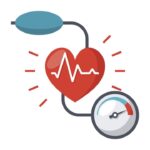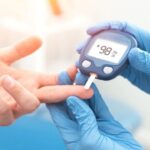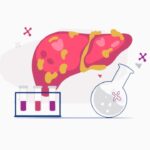A hypertensive emergency is an acute condition requiring immediate treatment to prevent damage to vital organs. This article explores the nature of this severe form of hypertension, the dangers it poses, and effective prevention strategies.
1. Understanding Hypertension and Hypertensive Emergency
1.1 What is Hypertension?
Normal blood pressure for an average adult is 120/80 mmHg. According to the World Health Organization (WHO) and the International Society of Hypertension (ISH), an adult is considered hypertensive if their systolic blood pressure is ≥ 140 mmHg or their diastolic blood pressure is ≥ 90 mmHg. Hypertension is a chronic condition that develops gradually and can be managed to some extent.
Globally, approximately 1.5 billion people suffer from hypertension, and nearly 50% of the 17 million annual deaths from cardiovascular diseases are due to hypertension-related complications. In Vietnam, about 12 million people are affected by hypertension, meaning one in five adults has the condition.
1.2 What is a Hypertensive Emergency?
A hypertensive emergency occurs when blood pressure spikes above 180/120 mmHg without causing immediate damage to target organs such as the heart, brain, eyes, kidneys, and blood vessels. This condition is also known as a hypertensive crisis.
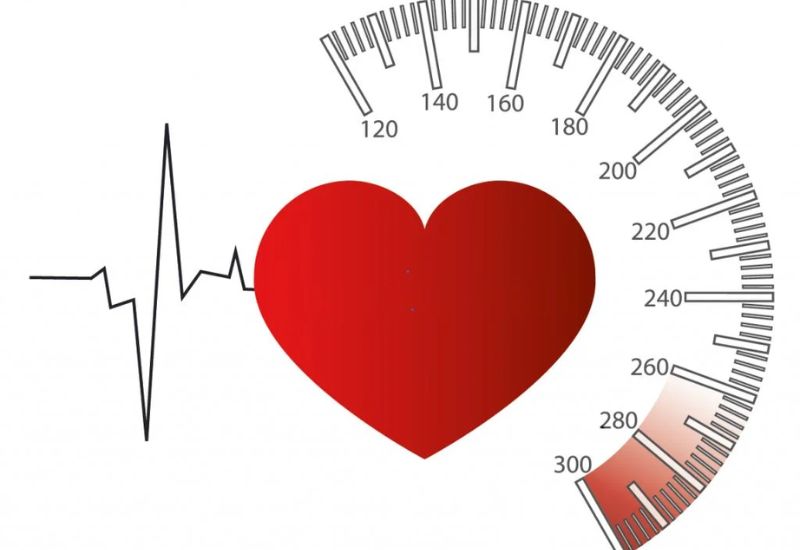
A hypertensive emergency involves a sudden increase in blood pressure that can damage organs.
2. How Dangerous is a Hypertensive Emergency?
A hypertensive emergency can severely narrow or completely block arteries, depriving organs of oxygen and energy. Most patients do not exhibit specific symptoms, making it difficult to recognize and treat promptly. However, some may experience headaches, dizziness, and anxiety.
Despite not immediately affecting target organs, a hypertensive emergency requires hospitalization for urgent treatment to lower blood pressure and prevent permanent organ damage. Potential complications include:
– Stroke: Acute cerebral infarction, brain hemorrhage, subarachnoid hemorrhage.
– Acute heart damage: Acute coronary syndrome, aortic dissection, heart failure, atrial fibrillation, acute pulmonary edema.
– Acute kidney damage: Acute renal failure, blindness.
3. Causes and Risk Groups for Hypertensive Emergency
3.1 Causes of Hypertensive Emergency
A hypertensive emergency can be triggered by several factors, such as:
– Psychological shock
– Inadequate medication, skipping doses, or abruptly stopping hypertension treatment
– Combining antihypertensive drugs with corticosteroids
– High salt intake
– Newly developed or worsening renal artery stenosis
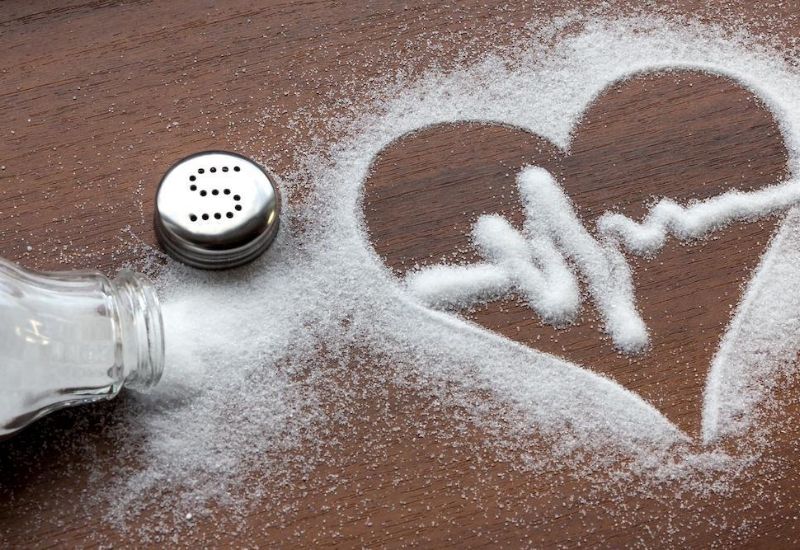
Consuming too much salt can cause a sudden spike in blood pressure.
3.2 Who is at Risk?
Hypertensive emergencies can affect anyone but are more common in:
– Patients with severe primary or secondary hypertension without complications
– Post-surgical patients
– Individuals with severe nosebleeds from hypertension
– Those non-compliant with or abruptly stopping hypertension medication
– Anxious, panicked, or in pain individuals
– Patients undergoing chronic disease treatment with medications
4. Managing Critically High Blood Pressure
When faced with a sudden spike in blood pressure, patients should rest quietly for 15-30 minutes while monitoring their blood pressure. If it does not decrease, outpatient treatment with medication may be necessary.
Doctors will select appropriate medications based on the target blood pressure for each patient. Statistics show that treating hypertension in nine cases can prevent one death. Blood pressure should be gradually lowered over 24-48 hours to avoid damaging target organs due to rapid, sudden pressure drops, which can cause brain or heart ischemia.
Intravenous medication is commonly used for its ease of dose adjustment and reduced risk of excessive pressure drops. Quick-acting, short-duration drugs with strong effects and minimal side effects are recommended.
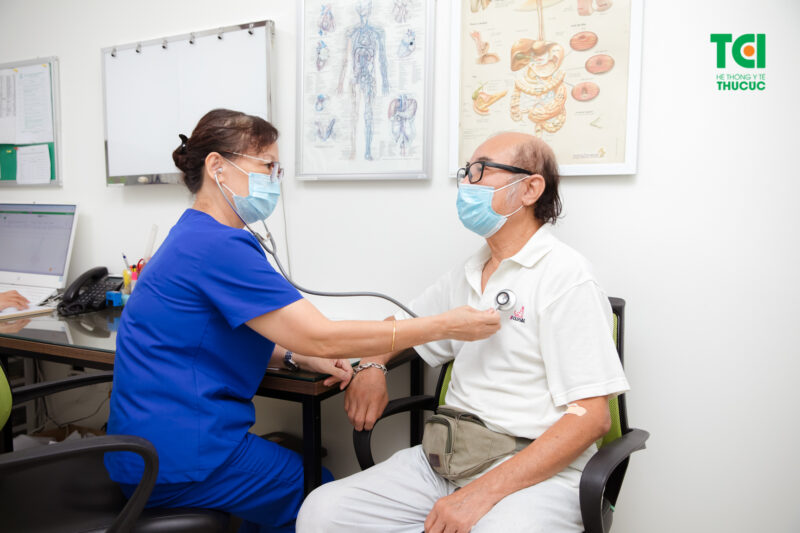
Follow your doctor’s guidelines to prevent hypertension to minimize the risk of sudden blood pressure spikes.
5. Preventing Hypertensive Emergencies
The following measures can help stabilize blood pressure and prevent sudden spikes:
– Healthy Diet: Ensure adequate potassium and micronutrients; limit salt intake to < 6 grams per day; increase fresh vegetables and fruits; avoid foods high in cholesterol and saturated fats; limit alcohol consumption.
– Weight Management: Achieve and maintain an ideal body weight (BMI 18.5-22.9 kg/m²; waist circumference < 90 cm for men and < 80 cm for women).
– Quit Smoking: Stop smoking tobacco and other forms.
– Regular Exercise: Engage in moderate physical activity, such as walking, for 30-60 minutes daily.
– Stress Reduction: Avoid anxiety and stress, ensure proper relaxation and rest.
– Avoid Sudden Cold Exposure: Prevent sudden exposure to cold environments.
– Medication Compliance: Adhere to prescribed treatments.
– Regular Check-ups: Schedule periodic health check-ups and consult a doctor if any unusual symptoms arise.
Understanding hypertensive emergency can help you manage and prevent this serious condition. This information is for reference only and does not replace medical diagnosis or treatment. For consultations and appointments, please contact a healthcare professional.




